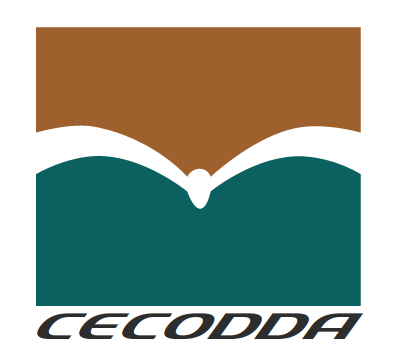EDD17 - Promoting Inclusive Trade in Africa
Posted on: July 06, 2017

The 11th edition of the European Development Days (EDD 2017) took place in Brussels at Tour & Taxi on 7-8 June 2017 under the theme of “Investing in Development”. The EU-ACP TradeCom II Programme, EU-ACP Technical Centre for Agricultural and Rural Cooperation (CTA), and the EU-ACP Technical Barriers to Trade Programme (TBT) jointly organised two debates on pressing development issues in the African, Caribbean and Pacific countries (the ACP Group).
Promoting Inclusive Trade in Africa
The second session entitled: “Promoting Inclusive Trade in Africa - Boosting Cross Border Trade through Simplified Trade Regimes: Supporting Local Businesses to Address the Informal Economy in Africa” delivered a strong message on the need to create an enabling business environment to encourage investment and enable SME’s to undertake more regional trade. Creating a conducive regulatory framework featured strongly as an issue that should be prioritised by policymakers in Africa to address the high levels of informal economic activity and reduce the volumes of capital flight from the region.
Stefano Manservisi (Director General, DG DEVCO) addressed this point directly during the session on Promoting inclusive trade in Africa. “Small scale trading in Africa is still the vast majority – 72% is in the informal economy…Working in the informal sector is not a choice, it is the result of a poor regulatory framework in which to do business.”
Frank Matsaert (CEO of TradeMark East Africa) further elaborated on this issue, explaining how the simplified trading regime supported by TradeMark East Africa helps to streamline cross border trade regulation, thus reducing the compliance costs borne by small traders, especially women.
Hermogene Nsengimana (CEO of the African Organisation for Standardisation-ARSO) explained the efforts that were taking place at the regional levels in Africa to harmonise standards, to create regional centres of excellence for standards and to develop more collaboration with partners, particularly the private sector and other international standard setting bodies.
Janet Ngombalu from the Eastern African Grain Council (EAGC) noted that the private sector and producers can take advantage of standards in order to be more competitive and also promote value addition and regional trade, as has been the case with grain producers in Eastern Africa.
Koen Doens (Director East and Southern Africa and ACP coordination, European Commission – DG for International Cooperation and Development) noted that in the context of the EPAs, the EU was keen to focus its efforts in supporting ACP countries to build their capacity to add value and produce goods that can be traded, echoing the statements made earlier by Mr Manservisi. These efforts would form a significant portion of the EU’s recently launched External Investment Plan, which aims to de-risk investment into Africa through three pillars: the European Fund for Sustainable Development (EFSD); technical assistance for broader policy environment to help attract investors and engage the private sector; and programmes to improve the investment climate and the overall policy environment.




